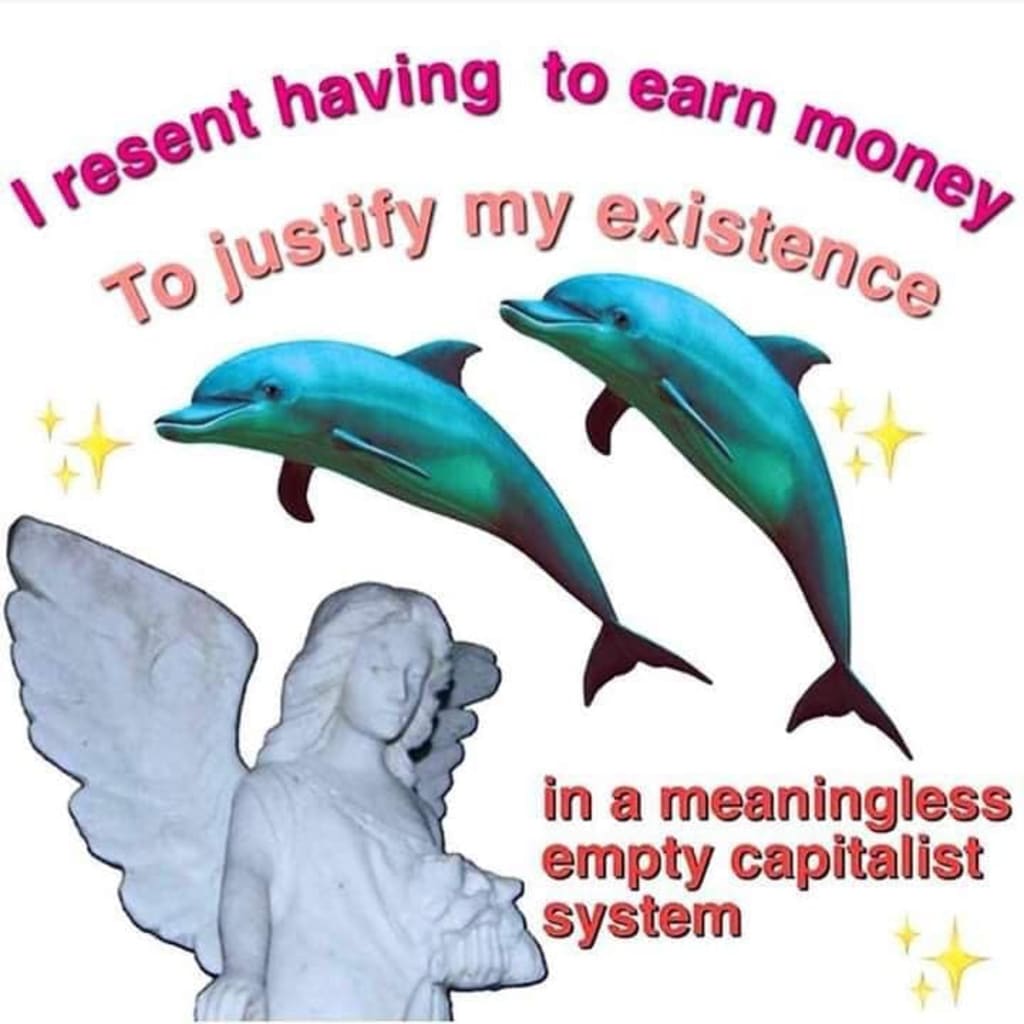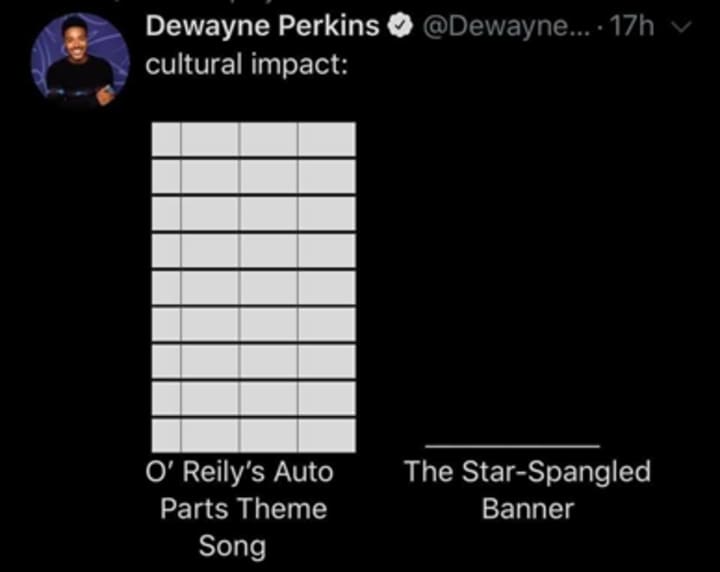Memes: The Ultimate Language
Also, fun!

It’s midnight. I see the green dot flash beside her profile picture on Messenger. I stare at it longingly, like Gatsby staring at the green lantern across the lake. With great care, I select a meme from my arsenal, something about Mary Shelley’s Graveyard Smash, since we talked about that once in passing, or frogs, because people generally like frogs. She heart-reacts the meme, sends one back in return. The ritual is complete. The courtship may commence.
If you’re anything like me, this has happened to you before. Maybe it’s not a courtship. Maybe it’s a group-chat, or just a friend you want to talk to. Opening lines are hard, and it’s a lot easier to send a meme and improvise from there. But let’s talk about memes for a second, as a communicative device, as a manner of self-expression, and as a token of affection. It’s obvious that memes are versatile. We live in a meme-centric society, and have since our first tribes and societies formed. It’s fascinating to look into that, if not just to pretentiously drop it at random parties.
The term “meme”—originally mimeme after the French word for mimicry—was coined by sociologist Richard Dawkins as a sort of intellectual equivalent to the human gene. Dawkins was and is a bit of a jerk, so all you really need to know about the meme is that, like a gene, it can be typically passed down from parent to offspring. Memes are primarily beliefs and cultural codes that determine how the individual meanders through life. The concept of God is a meme, as are fashion choices, dietary preferences, political attitudes. The list goes on and on. Unlike the gene, the value and array of memes can be influenced over the course of the individual’s life by people other than the parents. But cultural value memes that are beneficial to the individual’s and the collective’s survival (compassion, commitment, not murdering people) tend to become more common over time, while those detrimental (lack of kindness, cannibalism, the idea of it’s okay to murder people) die off. Meaning that, if the concept of God becomes detrimental to society to a certain point, ideological natural selection may at some point kill God.
But that’s the sociological definition. What you’re interested in are the funny pictures that we use to pick up potential partners and dunk on people with inferior tastes. Social media is a fascinating trend that I’ve not done much research on, on account of the fact that I am a dramatist and not a sociologist, but I do find the newfound ability to broadcast and perform oneself on a virtual feed to be an interesting innovation in the social world. By sharing a meme on my Facebook page, I am indicating to my friends and followers certain aspects of myself; in essence, performing a persona. For example, last week, I shared this meme to my page:

What this indicates about me is simple. First, I do not care for The Star-Spangled Banner. You all know this if you read my other articles. Second, I have a cultural awareness of the O’Reily’s Auto Parts jingle. Someone looking for deeper meaning might glean that I, the sharer, am indicating that a jingle, made to sell a product, has more cultural impact than the National Anthem, in place to sow a feeling of national identity, and therefore the effects of capitalism are greater than the culture of nationalism. But I digress. I just really hate The Star-Spangled Banner.
In short, memes are a cultural language. Language is meant to be exchanged, though, not just broadcasted outward. I’ve compared memes to a lot of things: a peace offering, a bouquet of long-stemmed roses, what-have-you. But ultimately, a meme is an attempt at connection between one human being and another. “Hello. I saw this. I thought of you.” “I anticipate we have this in common within our cultural library.” I had a brief fling with an Italian harpist where she exclusively found memes about the Moon or Trojan Horses to be absolutely hilarious. I have a friend in Prague who finds memes about the sitcom Community to be the bee’s knees. Hell, in an attempt to get a woman to fall in love with me, I sent her the following meme:

These are very specific things to connect about, but it’s how we make connections and have fulfilling relationships. It’s how we understand what aspects of our sociological upbringings we share, which aspects we don’t, and how to broaden our own personal horizons through other people. Social media has made cultural/ideological exchange easy and instantaneous. Copy, paste, add to the album of memes you keep on your phone that takes up more storage than pictures of your family, send in the perfect moment.
In short, memes are the ultimate universal language designed to keep us an evolving and dynamic species. Through cultural exchange, we become more fleshed-out people. Through connecting on memes, we find our communities, whether those are churches or fandoms. Sure, this also gave us political memes, which I don’t even want to begin diving into because that’s an ugly can of worms to open, but anyway. Memes are everything, and by understanding that, we can better decide how we present ourselves to other people, and learn how to better analyze ourselves.
About the Creator
Steven Christopher McKnight
Disillusioned twenty-something, future ghost of a drowned hobo, cryptid prowling abandoned operahouses, theatre scholar, prosewright, playwright, aiming to never work again.
Venmo me @MickTheKnight






Comments
There are no comments for this story
Be the first to respond and start the conversation.